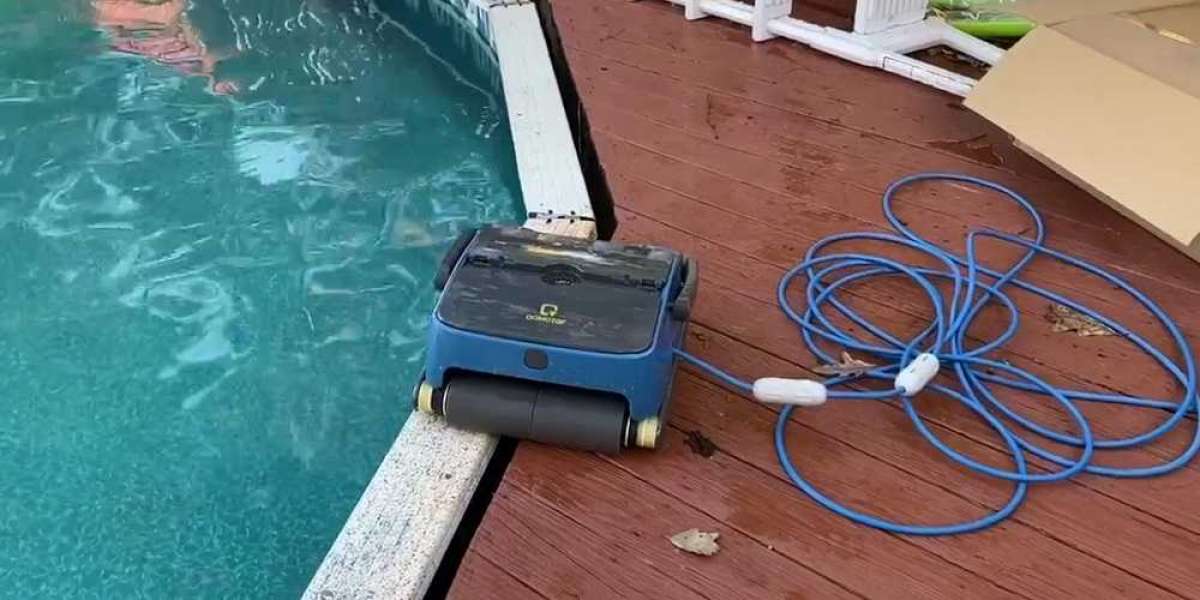If you are struggling with a mental health issue or an addiction to drugs or alcohol, residential treatment can help. It can give you a safe place to live while receiving professional care 24 hours a day, seven days a week. Checking into a residential mental health facility can feel like a huge step, but once you get through the initial discomfort of leaving your home and entering a treatment setting, it will open the door to long term recovery.
What Is Residential Treatment?
Residential treatment, also known as a mental health treatment program or residential mental illness rehab, provides a safe and supportive environment where you can learn how to cope with your mental or substance abuse issues. It usually takes place in a non-hospital setting and can range from a few weeks to several months. Compared to inpatient treatment, which is more of a hospital-like setting, residential treatment tends to be less intensive in terms of monitoring and offers a more comfortable home-like environment.
In addition, many residential mental health treatment programs offer more flexible options in terms of daily activities and routines. During your stay, you may have the opportunity to participate in different types of therapeutic treatments, such as music therapy or family therapy. There are even programs that provide a variety of experiential therapies, such as wilderness therapy or art therapy. All of these different types of therapies are intended to help you understand the root causes of your addiction or mental health problems and learn how to tackle them in a healthy way.
Aside from the more structured forms of therapy and the various experiential therapies, you will likely be provided with a variety of educational materials to help you understand your specific needs. There are also typically a variety of other community resources available, including alumni programs, events, outpatient services and more. Regardless of the type of therapy you receive, a key aspect of residential mental health treatment is to remove you from your unhealthy triggers and environments so you can start to heal.
During your time in residential mental health treatment, you will likely be required to turn over your cell phone and will not have access to it during your stay. However, if you have a special relationship with someone that is not in treatment with you, you can still reach them during your structured free time by listing their names and numbers on a piece of paper and handing it over to one of the staff members at the residential treatment center.
Another important aspect of residential mental health treatment is that you will have access to emergency care services in the event of a crisis. Most of the time, the residential treatment center will have a working relationship with the local hospitals or urgent care facilities so you can quickly be transferred to a higher level of care should the need arise. This is especially helpful for individuals who have a history of self-harm or a high risk of harming others.







